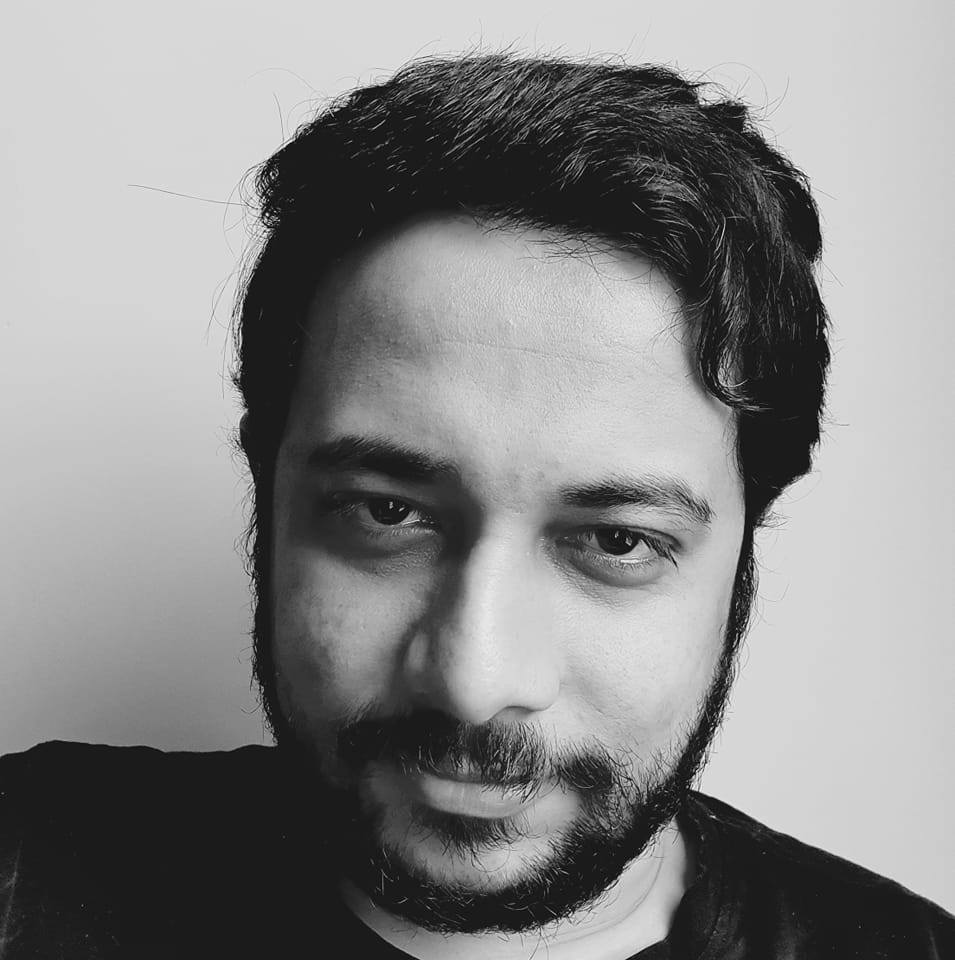
Dr. Sandipto Dhar
PAed
Prelude:
Thanks Dr. Ray for giving me this opportunity to reach out to children and young people and their families through your website. I have been fortunate to experience the healthcare system in different parts of India (Kolkata, Delhi, Mumbai, Chennai) and some foreign countries as well(USA, Singapore, UK). This is a great platform for me to share my experience through your website as I strongly believe that spreading health education and health advocacy to patients and their relatives and caretakers are very important responsibilities of any physician that can be easily overlooked. I hope my experience shared in your simplified question answer format will be helpful to the readers of your website.
Boneclinic: Sir, you have been working with children in different hospitals around the world, tell our readers about the common orthopaedic problems that u encounter in your practice.
Dr. Dhar:
You see disease patterns and presentations vary widely depending on the geography and demography of a place. In India the commonest orthopaedic children’s problems that parents walk in with to us are
Rickets (bone weakness and deformities due to deficiency of vitamin d)
Infection of bones and joints
Non-infective joint diseases
Bone fractures and ligament injuries
Various defects and deformities (vertebral column, limbs etc.) since birth as well as acquired during infancy, childhood or adolescence
Developmental problems/deformities like
Bow leg
Knock knees
Flat feet
Toe walking
Growth pain
Various disease causing weak bone, lax/weak joints
Benign and malignant bone tumours
Some common orthopaedic presentation in children are:
Pain (hands, legs, back)
Joint swelling/ redness
Difficulty in walking or moving hand/leg
Abnormal walking
Short height
Recurrent fracture/ joint dislocations
Deformity of trunk or hand/leg
Bone clinic: … and which of these conditions you feel can be prevented if parents are careful enough?
Dr. Dhar:
That’s really a good question. Some of these orthopaedic problems can indeed be prevented or at the least have acceptable outcome if the parents are aware and careful but more importantly timely care and adherence to the treatment protocol can bring down patients suffering, long term complications/unfavourable outcome, medical cost and total treatment duration very significantly.
For example,
A proper diet with adequate exposure to sunlight can prevent Rickets.
General good hygiene and proper and timely treatment of a wound or a serious infection can prevent bone and joint infection.
A proper and timely treatment of a bone/joint infection can prevent serious life threatening complications and also prevent permanent disability.
A timely and proper treatment of a fracture can prevent a permanent deformity
A timely medical attention in developmental orthopaedic problem can prevent a long term complication or a permanent deformity
Bone clinic: do you come across parents panicked over minor orthopaedic issues often?
Dr. Dhar: (Laughing…) All the time. Having worked in both developing and developed nations I got the opportunity to see both the extremes of the spectrum.
Bone clinic: how do you deal with such a crisis?
Dr. Dhar: I think the onus is upon us the doctors to empower the patients and the families with proper medical awareness that they hit the optimal point medical vigilance so that they do not either under-use or over-use the medical facility available to them. That is the ideal situation. That being said a little humor often works wonders (smiles).
Bone clinic: so what would your message be to young parents worldwide reading this interview right now?
Dr. Dhar: if I have to choose between visiting a doctor without an adequate reason and not visiting a doctor even after having an adequate reason, I will choose the first option. The reason being the first one will cost you money and time but the second one can potentially cost you your health. And health to me is always the foremost priority. This brings me to the final question and my message to all readers will be:
1. Be responsible for your health. Have a basic idea about your health and diseases. You may seek your doctor’s help in it.
2. Whenever in doubt, call your doctor. You never know this can save you from a lot of trouble. Do not be shy/intimidated by your doctor’s busy schedule. It is your right.
3. But be responsible about it. Your doctor is a resource, use him judiciously. He will stop picking up your call if you call him for every fall of hat.
I congratulate Dr. Ray for this great effort and wish him luck. I wish all the readers a healthy life.
Bone clinic: thank you Dr. Dhar for taking some time out of ur tight schedule for our readers. We are truly grateful
